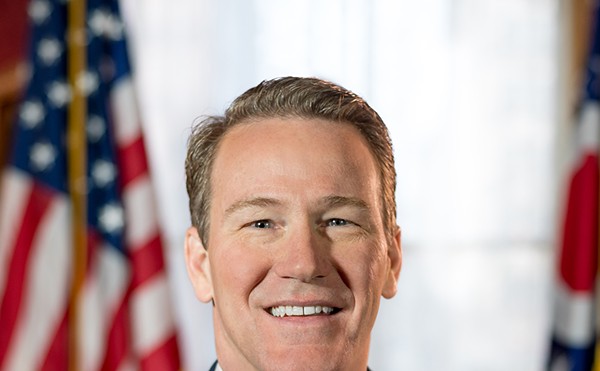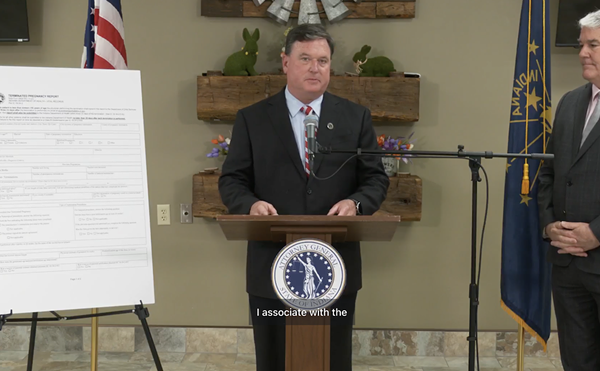Cincinnati Public Schools lost out on roughly $14 million in funding that instead went to the Electronic Classroom of Tomorrow, an online charter school which shuttered early this year after the state accused it of juicing its attendance numbers.
And that was just the state money funneled to the now-defunct charter. In addition, districts like CPS also lost out on federal dollars that went to the online charter. Now, U.S. Sen. Sherrod Brown wants to make sure that any of the roughly $130 million ECOT received from the federal government since 2000 goes back to districts like CPS instead of going into the federal treasury if it is recovered.
Brown, a Democrat, will introduce the “Putting Students First Act” toward that end, and has also asked that the U.S. Department of Education investigate ECOT.
“Ohioans deserve answers,” Brown wrote in his request for a federal investigation. “We trust schools to educate and prepare students, but ECOT (founder) William Lager, and his companies have abused that trust to rig the system to enrich themselves.”
Controversy around ECOT’s attendance policies blew up two years ago. But state officials have just begun seeking the recovery of Ohio taxpayer funds they say the school owes. Ohio Attorney General Mike DeWine last week filed a lawsuit seeking $62 million the state paid ECOT directly, as well as another $200 million paid to other companies run by ECOT founder Lager.
Attorneys for the charter school say its contract never stipulated the attendance standards the state is now holding it to. Prior to its closure, Ohio taxpayers had been paying $100 million a year to send 15,000 students to the school, which had no books, no classrooms and, according to state officials investigating its attendance records, little proof that it was providing educational opportunities required by the state.
But the school’s leadership said it was providing an invaluable service for students who can’t attend a brick-and-mortar school and that a 2003 contract between ECOT and the state stipulates that it cannot be held accountable for its actual attendance rates. School officials warned that if the state held it to those standards and stripped its funding, it would have to close.
That prediction came true this January, when ECOT closed, leaving its students to scramble for other options.
Critics, including Democrat state lawmakers, say the battle between the Ohio Department of Education and the privately run but publicly funded ECOT underscores problems with the state’s lax oversight of its charter school system as a whole, especially embattled online schools. Republicans, meanwhile, have touted charter schools as a way to provide educational opportunities where traditional public schools have faltered.
School founder and Columbus businessman Lager has been heavily involved in funding political campaigns, most of them Republican. In 2015, he gave $10,000 to the Ohio Republican Party, and in the past five years he has given more than $1 million to Republican lawmakers.
A 2016 study commissioned by the Thomas B. Fordham Institute suggests that the state’s 24 online schools, like those run by ECOT, weren’t providing their 35,000 students with a satisfactory education. While the institute generally supports charters, it found online schools in Ohio lacking.
“Online students are not achieving at the same level as their peers in brick-and-mortar schools,” the report said, noting that the online schools are dragging down the ratings of other charters.
Online charter advocates have shrugged off the report, saying that students who enroll in such schools often start out at a lower performance level.






